Summaries of books about Science & Math:
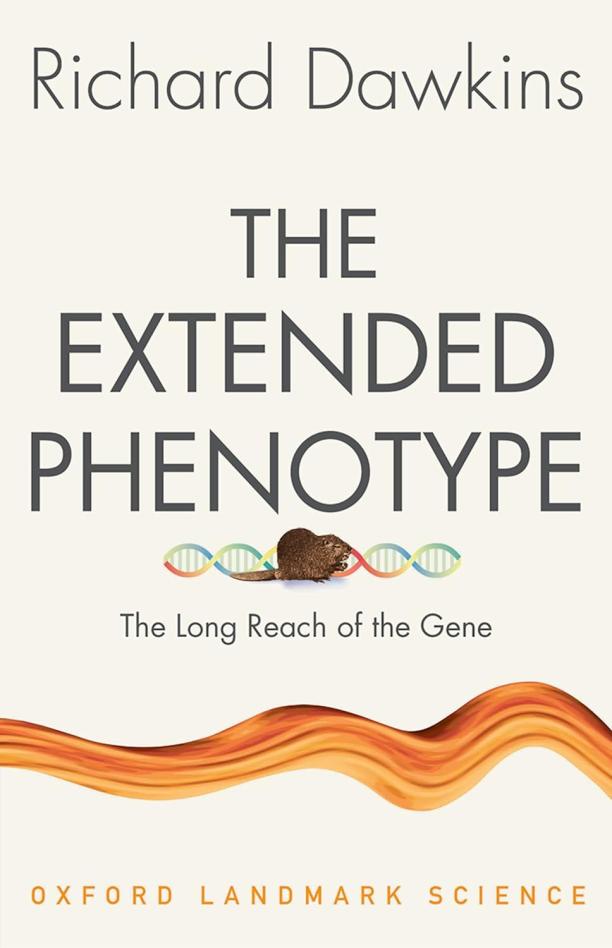
The Extended Phenotype
The Long Reach of the Gene
Richard Dawkins
The book explores the concept that a gene's influence extends beyond the organism's body to affect the environment and other organisms, arguing that genes control not just the development of the individual but also have far-reaching effects on behavior and physical structures in the world. It challenges traditional views of evolution by proposing that genes are the primary unit of natural selection, shaping not just organisms but also their interactions and ecosystems.
See full summary

The Upright Thinkers
The Human Journey from Living in Trees to Understanding the Cosmos
Leonard Mlodinow
The book traces the evolution of human thought from its earliest stages to modern scientific understanding, exploring the development of key scientific concepts and the individuals who contributed to them. It delves into the history of philosophy, physics, and biology to illustrate how curiosity and the quest for knowledge have shaped the human experience and our comprehension of the universe.
See full summary
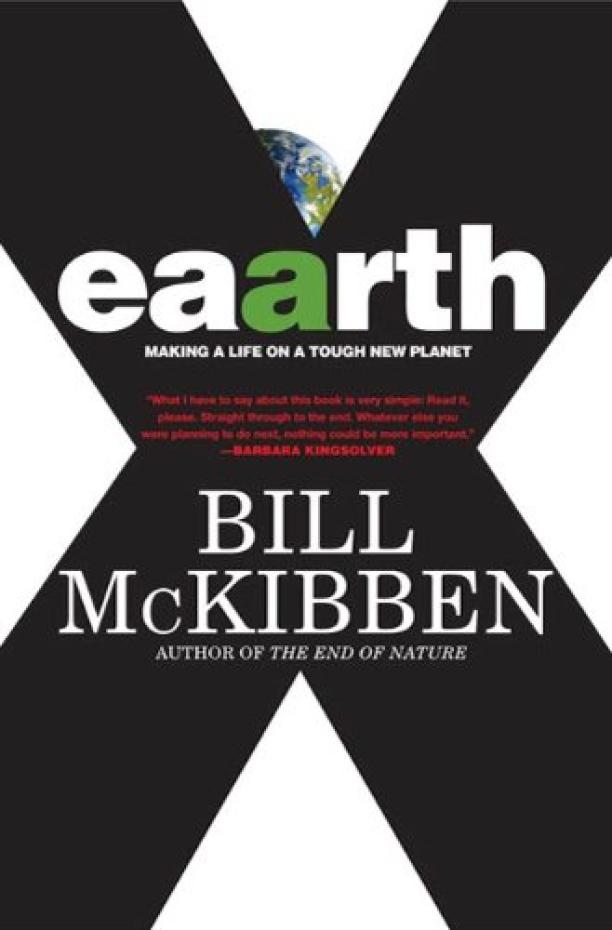
Eaarth
Making a Life on a Tough New Planet
Bill McKibben
The book presents the argument that due to climate change, the Earth has become a fundamentally altered planet, which the author refers to as "Eaarth." It discusses the profound environmental changes already underway, the consequences for human civilization, and suggests ways in which society can adapt to and mitigate these new realities through sustainable living and local economies.
See full summary

Good Reasons for Bad Feelings
Insights from the Frontier of Evolutionary Psychiatry
Randolph M. Nesse
The book explores the application of evolutionary theory to understand why mental disorders persist despite their apparent disadvantages, suggesting that certain traits causing these disorders may have had evolutionary advantages. It delves into the origins of emotions and mental illnesses, proposing that understanding their evolutionary background can lead to better treatment approaches.
See full summary
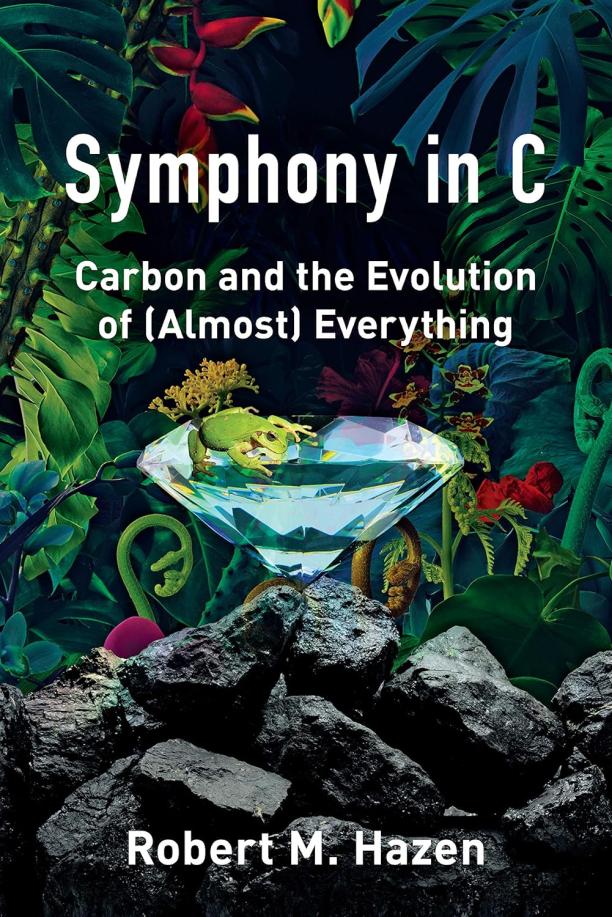
Symphony in C
Carbon and the Evolution of (Almost) Everything
Robert M. Hazen
The book explores the pivotal role of carbon in the formation of the universe, Earth, life, and human civilization, highlighting its ubiquitous presence in the environment, technology, and biochemistry. It delves into the carbon cycle, the origins of life, the impact of carbon on the climate, and the future prospects of carbon-based innovations.
See full summary

How to Prevent the Next Pandemic
Bill Gates
The book offers insights into the lessons learned from the COVID-19 pandemic and proposes strategies to strengthen global health systems to avert future pandemics. It emphasizes the importance of investments in medical research, global surveillance, and health infrastructure to ensure rapid response to emerging infectious diseases.
See full summary
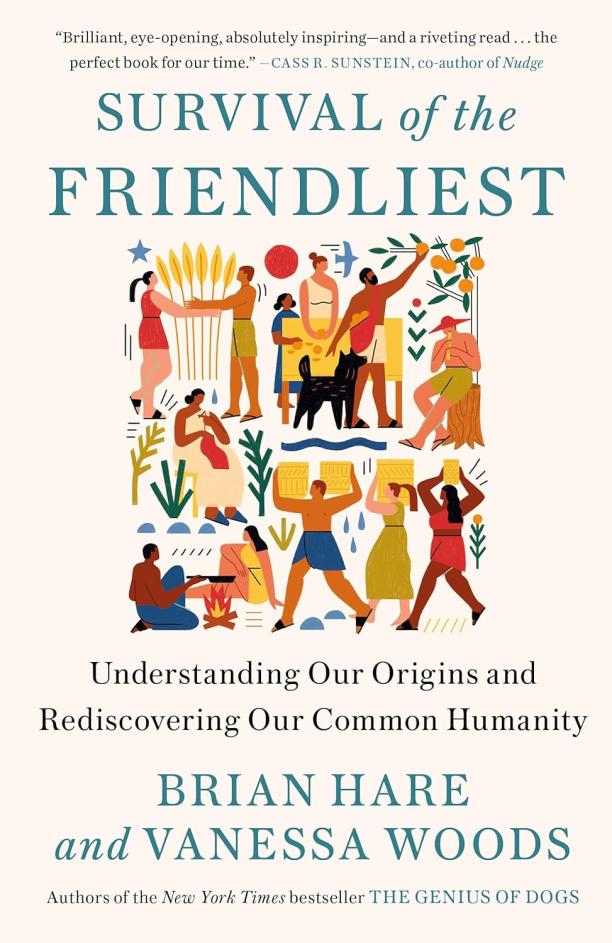
Survival of the Friendliest
Understanding Our Origins and Rediscovering Our Common Humanity
Brian Hare|Vanessa Woods
The book explores the evolutionary argument that friendliness and cooperative communication have been key drivers in human survival and success, rather than aggression and competition. It delves into how these traits have shaped our social evolution and how understanding this aspect of our nature can help address modern challenges and foster a more compassionate society.
See full summary
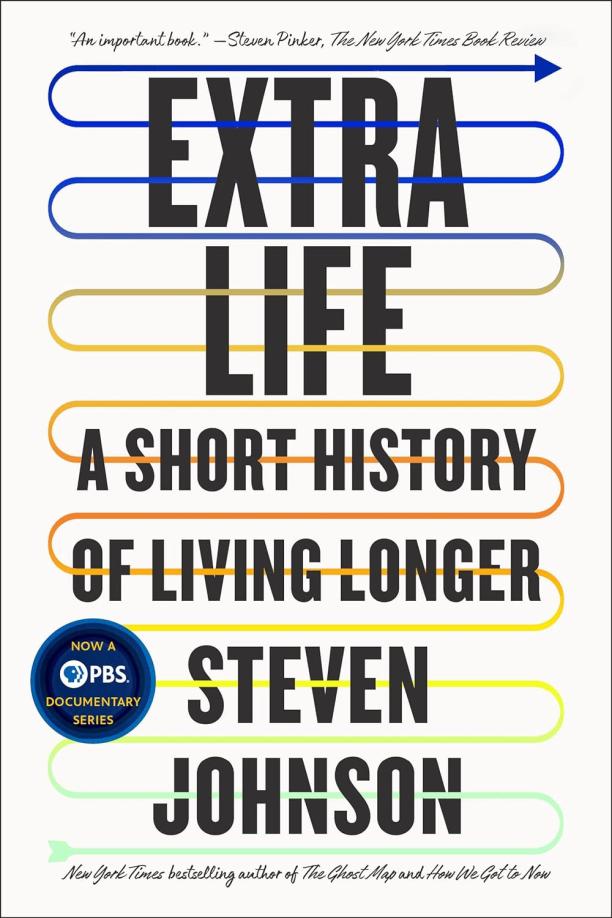
Extra Life
A Short History of Living Longer
Steven Johnson
The book explores the remarkable advancements in science and public health that have significantly extended the human lifespan over the past century. It delves into the stories behind innovations such as vaccines, antibiotics, and improved hygiene, highlighting the impact of these breakthroughs on society and individual lives.
See full summary
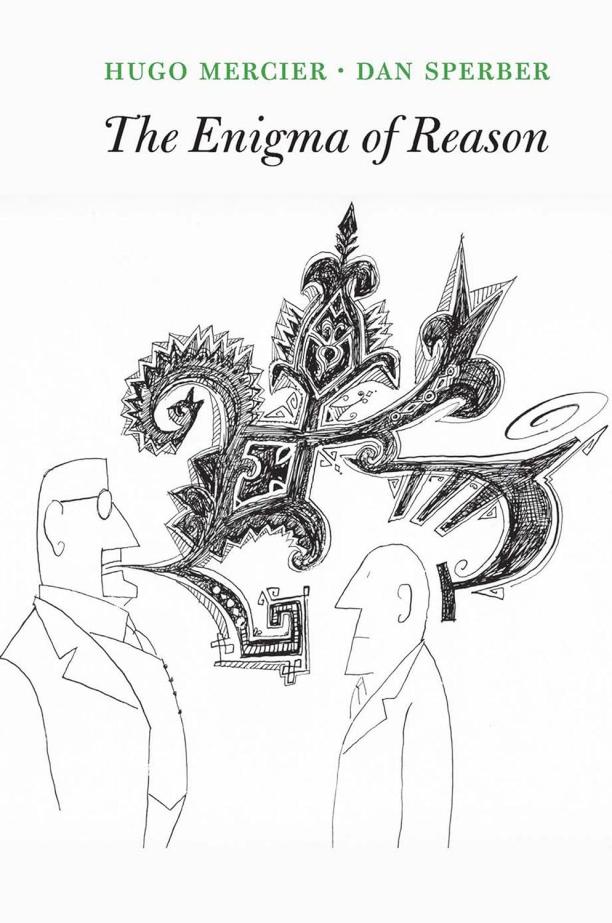
The Enigma of Reason
Hugo Mercier|Dan Sperber
The book presents a new theory of human reason, arguing that it evolved not to enable solitary reflection but to facilitate social interaction and communication. It suggests that reasoning contributes to argumentation and is more effective when used in collaborative contexts rather than in individual cognition.
See full summary
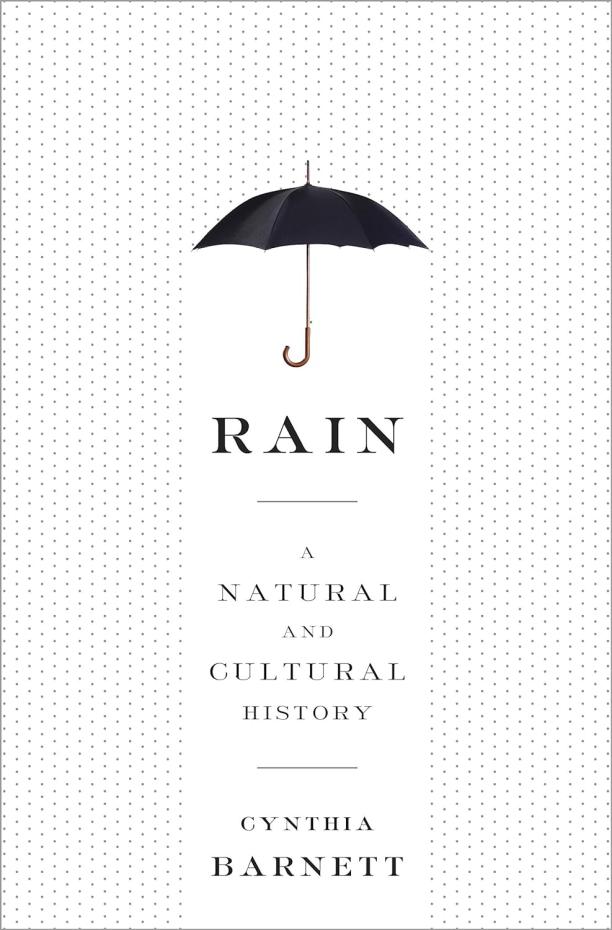
Rain
A Natural and Cultural History
Cynthia Barnett
The book delves into the multifaceted role of rain throughout history, exploring its influence on civilizations, cultures, and the natural environment. It combines scientific explanations of meteorological phenomena with anecdotes and historical accounts, revealing the profound impact of rainfall on human life and the planet.
See full summary